| Voice/Instrument: |
Biography
Carlo Bergonzi (born 13 July 1924) is an Italian operatic tenor. Although he performed and recorded some bel canto and verismo roles, he is above all associated with the operas of Giuseppe Verdi, including a large number of the composer's lesser-known works that he helped revive. Essentially a lirico-spinto tenor, Bergonzi was greatly admired during the peak of his career for his beautiful diction, smooth legato, warm timbre and elegant phrasing. Above all he was acclaimed for his attention to the style required in Verdi's operas.
Biography
Bergonzi was born in Vidalenzo, near Parma. He began his vocal studies at the age of 14. During World War II, he was interned in a German prisoner-of-war camp. After the war, he returned to Italy and studied at the Boito Conservatory in Parma.
In a 1985 interview with Opera Fanatic's Stefan Zucker, Bergonzi cited 1948 as the date of his professional debut, as a baritone, in the role of Figaro in Rossini's Il barbiere di Siviglia. Other baritone roles that he undertook included: Arlesiana (Metifio), Don Pasquale (Dottor Malatesta), L'elisir d'amore (Belcore), Lucia di Lammermoor (Lord Enrico Ashton), Le astuzie di Bertoldo (Ghirlino), Pagliacci (Silvio), L'amico Fritz (Fritz Kobus), Cavalleria rusticana (Alfio), Werther (Albert), La bohème (Marcello), La fanciulla del West (Sonora), Madama Butterfly (Sharpless), Manon Lescaut (Lescaut), Mignon (Laerte), Rigoletto (Rigoletto) and La traviata (Giorgio Germont).
In 1951, after retraining his voice, he made his debut as a tenor in the title role of Andrea Chénier in Bari. That same year, to mark the 50th anniversary of Giuseppe Verdi's death, the Italian state radio network RAI engaged Bergonzi for a series of broadcasts of the lesser-known Verdi operas I due Foscari, Giovanna d'Arco, and Simon Boccanegra.
In 1953, Bergonzi made his La Scala and London debuts, the latter as Alvaro in La forza del destino at the Stoll Theatre. His American debut was at the Lyric Opera of Chicago in 1955, and his Metropolitan Opera debut (as Radames in Aïda) came the following year. He sang the role of Radames again for his debut with the Philadelphia Lyric Opera Company in 1961 and in 1962 he reprised the role of Alvaro for his debut with the Royal Opera, Covent Garden. He made his debut with the San Francisco Opera in 1969 as Don Alvaro in La Forza del Destino.
Bergonzi pursued a busy international career in the opera house and recording studio during the 1960s. His chief Italian tenor rivals in this period were Franco Corelli and Mario del Monaco, both of whom made a bigger, more thrilling sound, and Giuseppe Di Stefano, whose once lovely lyric voice had gone into a terminal decline. Bergonzi outlasted all three of these rivals, continuing to sing through the 1970s at major opera houses. But in the 1980s, as his own vocal quality deteriorated inevitably with age, he concentrated on recital work.
In 1996, Bergonzi participated in conductor James Levine's 25th anniversary gala at the Metropolitan Opera. He gave his American farewell concert at Carnegie Hall on 17 April that same year. However, an announcement that on 3 May 2000, he was to sing the title role in a concert performance of Otello, conducted by Eve Queler and the Opera Orchestra of New York attracted intense interest, particularly because he had never performed the demanding role on stage. Bergonzi was unable to finish the performance, supposedly suffering irritation from the air-conditioning in his dressing-room. A substitute singer took over. An audio recording of the dress rehearsal of Otello revealed Bergonzi's voice sounding surprisingly fresh for a man of 75 years.
Now retired, Bergonzi spends most of his time at I due Foscari, his hotel in Busseto, which also hosts the Accademia Verdiana. Bergonzi is credited, too, with mentoring the tenors Roberto Aronica, Giuliano Ciannella, Berle Sanford Rosenberg, Vincenzo La Scola, Filippo Lo Giudice, Philip Webb, Giorgio Casciari, Paul Caragiulo, Lance Clinker, Fernando del Valle and Salvatore Licitra.
Bergonzi has left a legacy of many recordings of complete operas, including works by Verdi, Puccini, Mascagni and Leoncavallo. They confirm the exceptional quality of his voice, his good taste and the high standard of his musicianship.

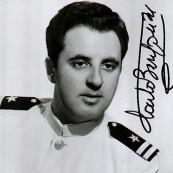
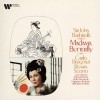
![Verdi - The Great Operas - 10 - Luisa Miller (2CD) [Cleva, 1965]](http://static.classicalm.com/repository/composition-cover/small/44167-img1665707277626732.jpg)
![Verdi - The Great Operas - 09 - Ernani (2CD) [Schippers, 1968]](http://static.classicalm.com/repository/composition-cover/small/44166-img1665703489507603.jpg)
![Verdi - The Great Operas - 08 - Macbeth (2CD) [Leinsdorf, 1960]](http://static.classicalm.com/repository/composition-cover/small/44165-img1665702820742853.jpg)
![Verdi - The Great Operas - 06 - Un Ballo in Maschera (2CD) [Leinsdorf, 1967]](http://static.classicalm.com/repository/composition-cover/small/44163-img1665700798477892.jpg)
![Verdi - The Great Operas - 01 - La Traviata (2CD) [Pretre, 1967]](http://static.classicalm.com/repository/composition-cover/small/44158-img1665696782691038.jpg)
![Maria Callas - Puccini - Tosca (1964-65) [Remastered 2014]](http://static.classicalm.com/repository/composition-cover/small/42640-img1625237639315163.jpg)
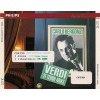
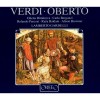
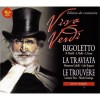
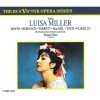
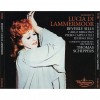
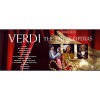
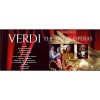
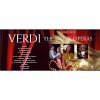
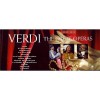
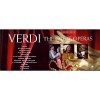
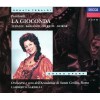
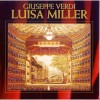
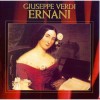
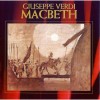
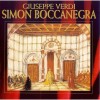
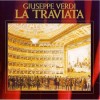
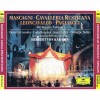
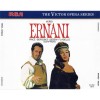
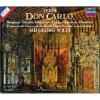
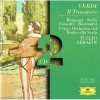
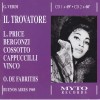
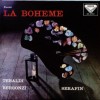
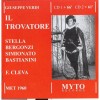
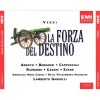
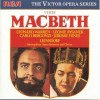
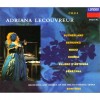
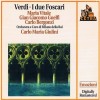
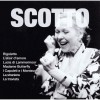
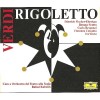
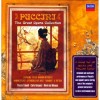
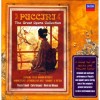
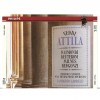
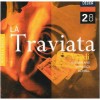
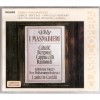
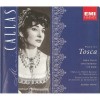
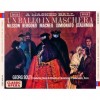
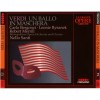
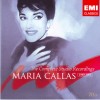
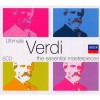
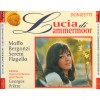
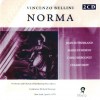
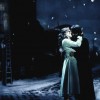
![The Opera Album 2011. [CD 1 of 2]](http://static.classicalm.com/repository/collection-cover/small/1344-img1369919954895586.jpg)